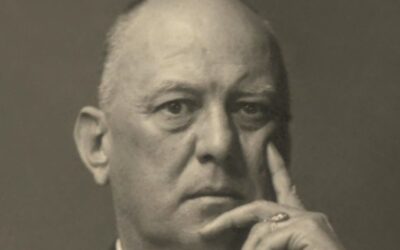Emily Dickinson: A Life in Poetry
Emily Dickinson is one of America’s most celebrated and enigmatic poets. Known for her reclusive nature, her short, elliptical verses, and her unconventional use of language and form, she left an enduring legacy that shaped generations of poets and readers.
Early Life and Influences
Born in Amherst, Massachusetts, in 1830, Dickinson came from a prominent family. She received a strong education and was influenced by currents of religious thought, specifically Transcendentalism. Though a lively and social young woman, Dickinson slowly retreated from wider society, increasingly confining herself to her family’s home.
Her Poetic Voice
Within this limited physical world, Dickinson’s creative life blossomed. She wrote nearly 1800 poems, though only a handful were published during her lifetime. Her verses are distinctive for their brevity, stark imagery, and irregular punctuation and capitalization. They grapple with themes of love, death, nature, faith, and the inner life with startling originality.
Posthumous Discovery and Fame
After her death in 1886, her sister Lavinia discovered a trove of her poems. Their publication, gradually and with alterations over many years, stunned the literary world. Readers initially found her style unusual, but it soon sparked both critical debate and deep admiration.
Greatest Achievements and Influence
- Innovation in Form: Dickinson boldly broke away from traditional poetic conventions. Her unconventional dashes, capitalization, and slant rhymes pushed the boundaries of language in poetry.
- Depth of Emotional Exploration: With startling directness, her poems delved into complexities of grief, longing, ecstatic joy, and spiritual doubt, offering a raw and vulnerable portrayal of the human experience.
- Legacy of Modernism: Her introspective, fragmented style and focus on the inner workings of the mind anticipated trends in modernist poetry. She influenced countless writers, from William Carlos Williams to Sylvia Plath.
Emily Dickinson’s Enduring Influence
It’s difficult to overstate the significance of Emily Dickinson in American literature. Her work defied the styles of her time, and her deeply personal yet universal explorations of the human experience resonate across generations. She remains not only a giant of 19th-century poetry, but a figure whose unique voice continues to shape and challenge our understanding of what poetry can be.











0 Comments